Anand Gandhi is Equipping Young Creators To Take Moonshots
In 1995, the astronomer Bob Williams did something that nobody could understand or agree with. He pointed the world’s most powerful telescope at nothing. For 100 hours, the Hubble Space telescope observed a patch of the night sky that contained absolutely nothing of interest. His colleagues cautioned him to put the telescope time to better use, but Willaims was willing to take the risk for scientific discovery. As it turned out, this experiment had untold ramifications for astronomy - the number of estimated galaxies in the universe multiplied five fold, new shortcuts
were developed to determine cosmological distances, and large portions of the universe were unlocked.
Anand Gandhi, a cultural scientist of a different kind, is bound to Williams in his aspiration to find stars where only darkness existed before. As the face of a new wave of Indian cinema, Gandhi has worked towards expanding the paradigm of culture in this region with his films Tumbbad, Ship of Theseus and An Insignificant Man. As the founder and producer at Memesys Culture Gandhi’s ambitions are astronomical - nothing short of moonshots at culture will suffice.
Every good revolution needs people to lead it, and Memesys goes to great lengths to identify their champions. Gandhi shares his studio’s process to discern the makers of tomorrow. First, a burgeoning creator must indicate a deep curiosity and comprehension of the human experience.
Second, they must rigorously follow through on that curiosity by investing in their education in sciences, philosophy, literature, and cinema. And lastly, they should display some prowess in articulating their insights and abilities, be it through first-draft scripts or early storyboards or short
pieces of cinema.
“When I see signs of curiosity, comprehension and clarity in a burgeoning creator, I invest in the augmentation of their worldview and craft with my full weight behind them,” shares Gandhi. The Memesys model has been built around this approach of aggressively facilitating the would-be creators. The studio invests significant resources in building talent, honing their crafts, and expanding their frameworks through education in everything from design and art to science and politics. The idea is to help makers manifest their deepest creative abilities and insights through
precise articulation and craft.
“Once their mentorship, creative incubation, and peer review is over, we chart a course to the moon,” says Gandhi. “When our creators are ready, our infrastructure and faith supports them as ground control, and we let them take their wildest shot.” Like any cosmonaut will tell you, no two space flights are the same, and charting the vast unknown is no easy task. When the rocket launches successfully, a small landing can be a giant leap for culture. And when it doesn’t?
Gandhi maintains that every hiccup is an opportunity to study more, build a better launchpad, a more aerodynamic rocket, and make the science more rigorous. Any experiment undertaken with courage and integrity is valuable. In a world of cultural noise pollution and intellectual laziness, the ambition of originality is worth protecting. Like his studio’s name suggests, a culture lab will not shy away from tinkering.
This bold approach has yielded many successes for creators and the slowly-changing Indian landscape alike. Gandhi has collaborated with Khushboo Ranka and Vinay Shuka for several years, cementing their place among the finest nonfiction filmmakers in the country. As the producer of their maiden film, An Insignificant Man, Gandhi enjoyed critical acclaim and unprecedented commercial success for a documentary. They continue to work together closely, with him producing both of their next feature films.
Gandhi’s partnership with Zain Memon has also been remarkable. Memon went from an outreach intern under Gandhi’s mentorship to a special effects supervisor on Tumbbad to the cofounder of their company. Gandhi was also a hands-on producer on SHASN, Memon’s first major undertaking, and the most celebrated strategy board game out of this part of the world.
Before Tumbbad became the cinematic horror phenomenon it is now, Tumbbad was the seed of a new universe hidden in early mood boards made by Gandhi’s collaborator Rahi Barve. Gandhi identified the full potential of this early story and worked tirelessly to bring it to life. He
re-imagined the scope of the story, co-wrote the script, and went on to co-create Tumbbad as the film’s creative director and executive producer.
Gandhi produced Chaitanya Tamhane’s debut play, Grey Elephants in Denmark, years before he went on to make Court and Disciple. Nitin Zihani Choudhary’s journey from an art intern to a Filmfare Award-winning production designer under Gandhi’s mentorship is another feather in Gandhi’s cap.
The newest creators that Gandhi has introduced to the world are Pooja Shetty and Neil Pagedar, the minds who have jump-started a dialogue around Indian science-fiction with OK Computer. “When Pooja and Neil first came to me with their idea, I was blown away,” says Gandhi. “They ticked all the boxes in a big way. They had gone through a rigorous peer review program at Memesys. Their vision was vast and I believed in it completely. We were absolutely convinced about taking a bet on these creators, and we’ll do it again.”
Now that Shasn and OK Computer are out there in the zeitgeist, one can’t wait to see what Gandhi and his studio are going to produce next. Memesys doesn’t fear the variables of culture, nor seems content to keep making test flights. Whether every shot lands on the moon or not, it
is safe to assume that the ride is going to be worth coming along for.


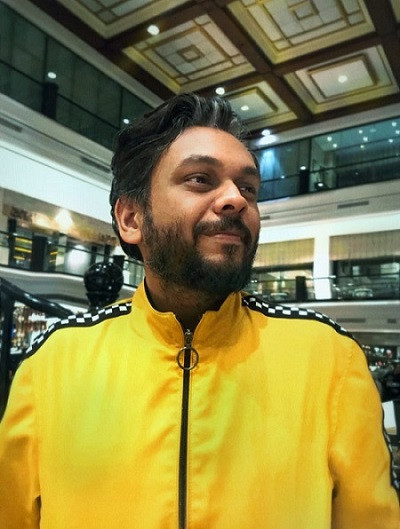
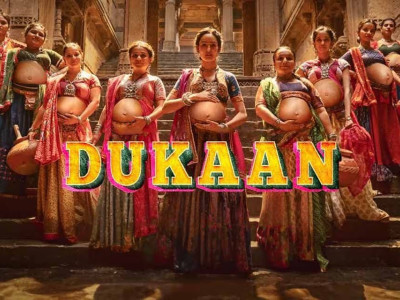

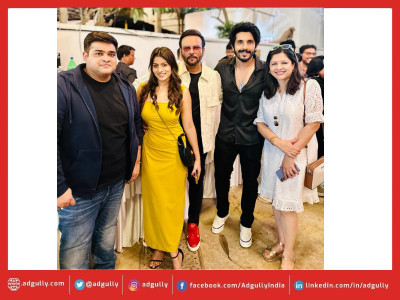
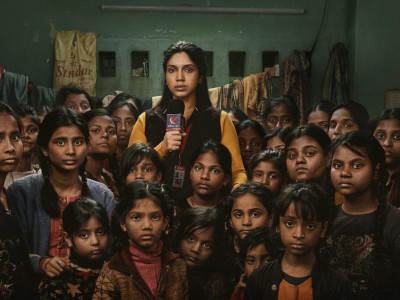




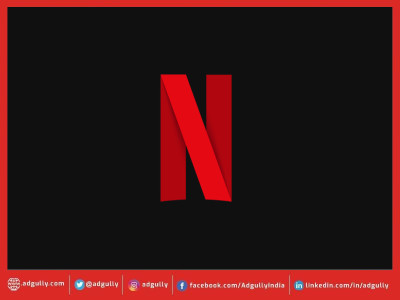
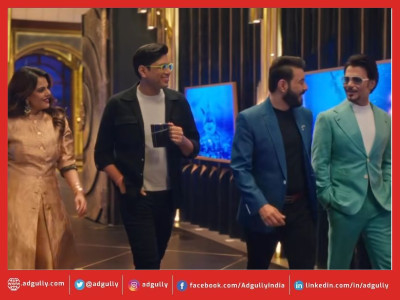



Share
Facebook
YouTube
Tweet
Twitter
LinkedIn